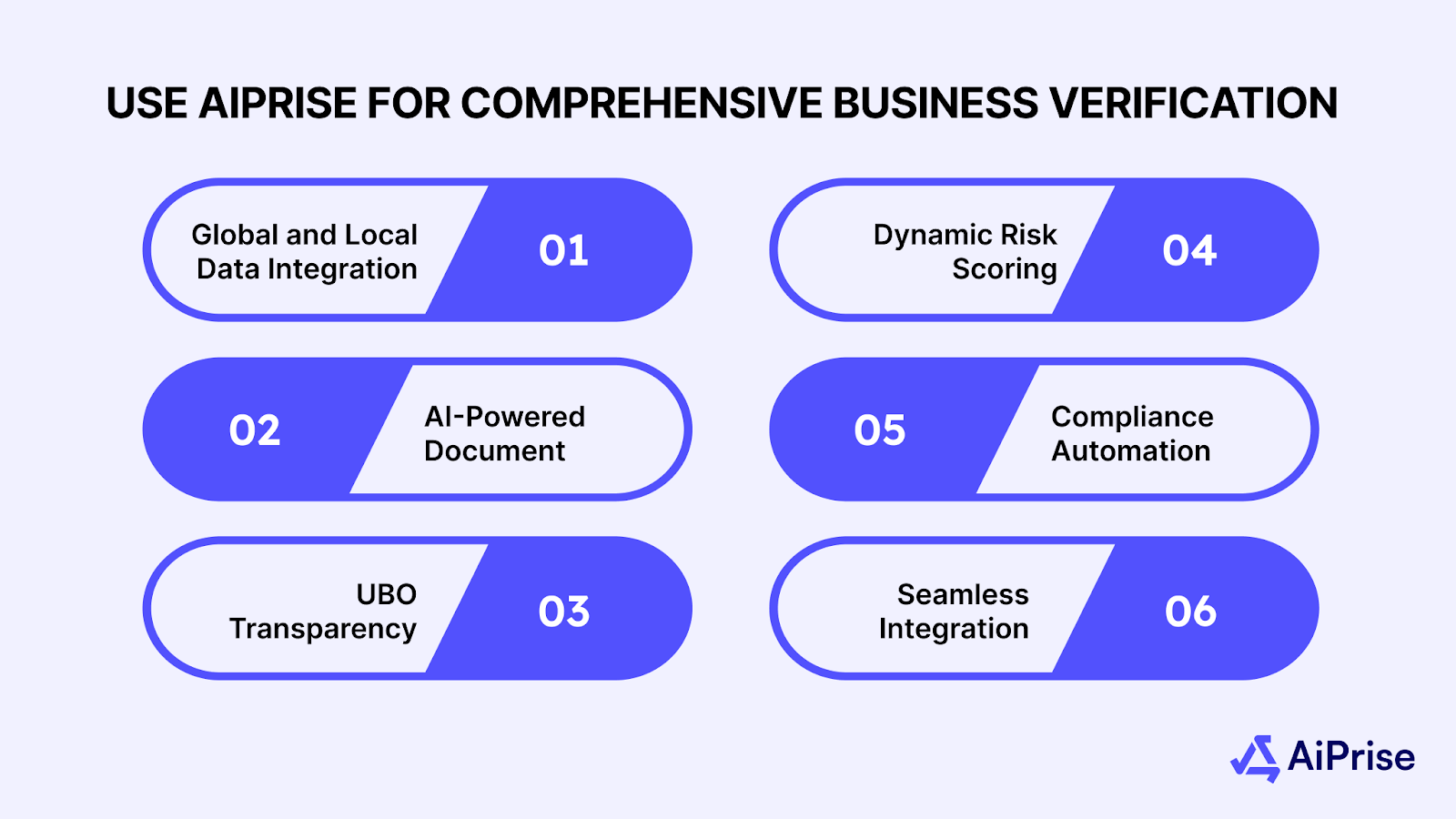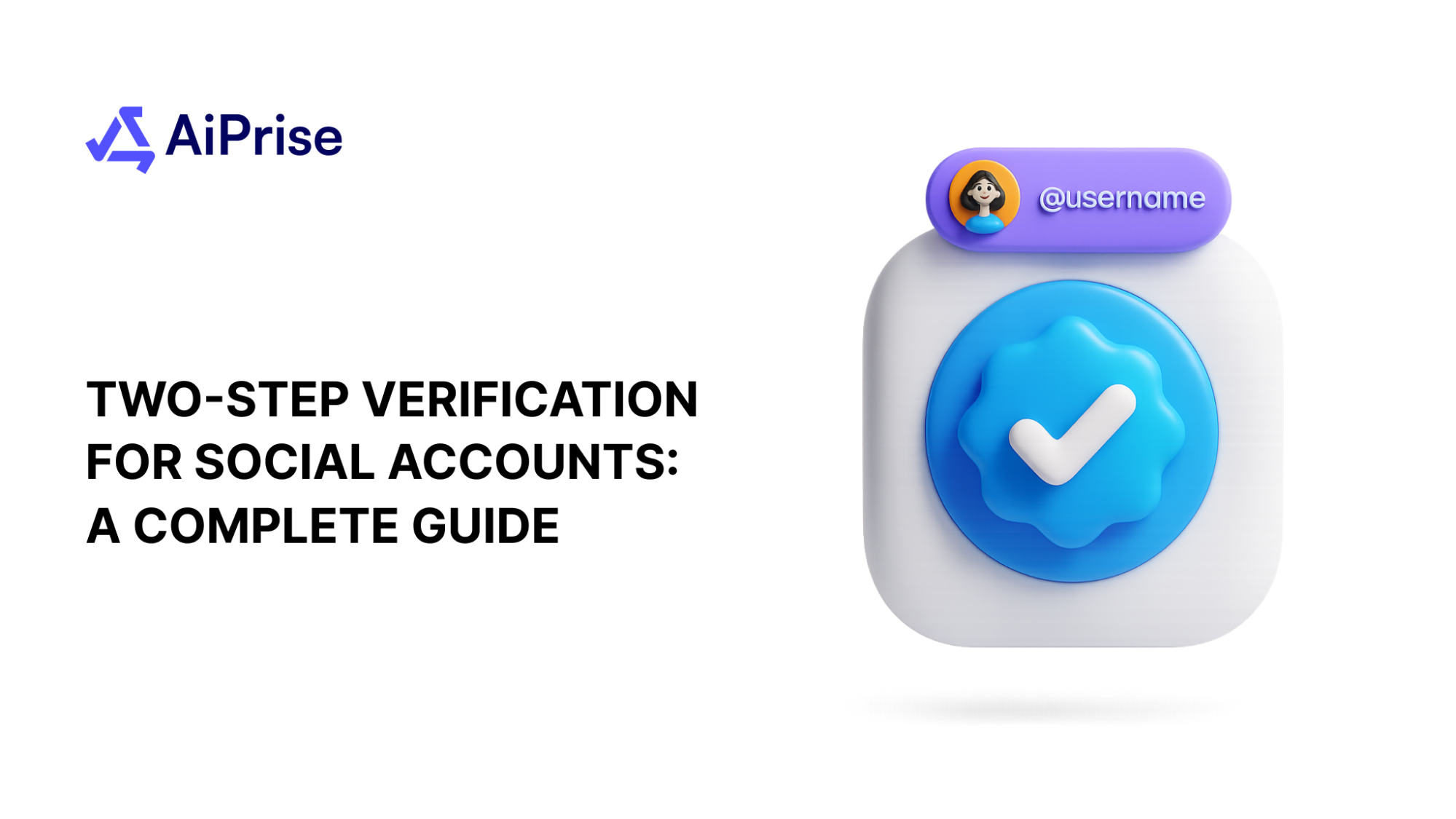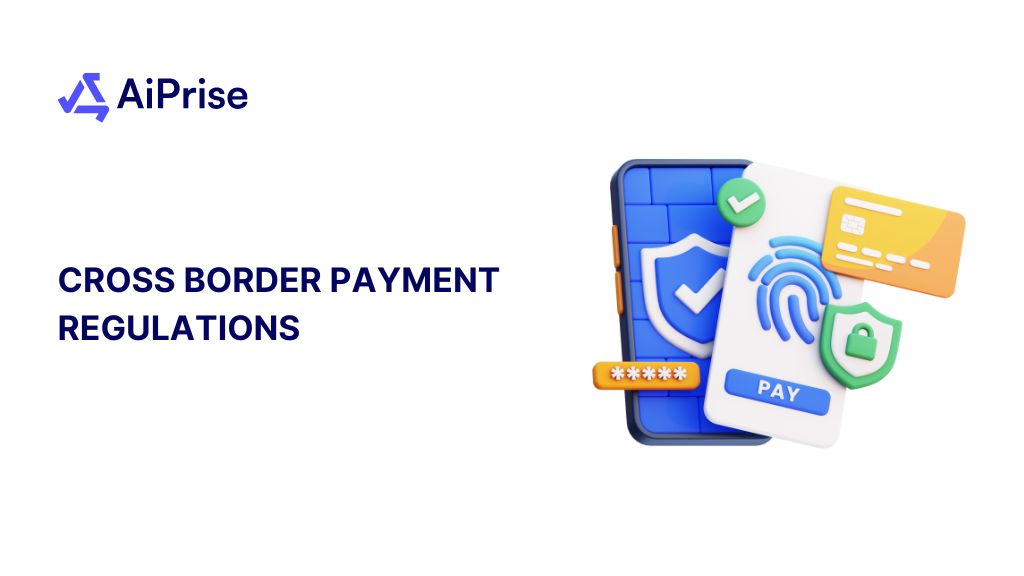12 min read
September 17, 2025
How to Verify Businesses from Turkmenistan?

Key Takeaways










Verifying businesses from Turkmenistan is essential if you want to trade safely and avoid risks. The country faces significant transparency issues. Turkmenistan ranked 170th out of 180 countries on Transparency International's Corruption Perceptions Index, scoring just 18/100.
About two out of five international businesses report serious challenges in accessing reliable company information or confirming compliance with regulations. You need this verification process because a lack of clear data can expose your company to fraud and costly mistakes.
This blog discusses all details and proven steps for business verification, including how to review registrations, check official records, and understand common risk factors.
Key Takeaways
- Turkmenistan’s business environment is tightly controlled with limited public data, requiring multi-layered verification approaches, including government registries and local experts.
- Document forgery and proxy ownership via local directors are major risks; thorough attestation and biometric identity checks are critical safeguards.
- Regulatory complexities and bureaucratic delays necessitate planning for extended verification timelines and engagement of trusted local consultants.
- Ongoing monitoring and periodic re-verification are essential to adapt to Turkmenistan’s rapidly changing regulatory, political, and economic landscape.
Understanding Turkmen Business Registration Systems
Foreign investors in Turkmenistan face several significant legal barriers that can affect their ability to operate smoothly. One major challenge is the government's control over economic sectors such as energy and foreign trade, which often requires foreign companies to partner with state-owned enterprises or face restrictions in market participation.
Companies can be registered as different legal structures, such as Limited Liability Companies (LLCs), Joint Stock Companies (JSCs), or Branch Offices, each with unique regulatory demands.
Notably, branch offices are required to appoint a local Turkmen citizen as both director and accountant, a crucial factor for verifying ownership and compliance. Additionally, foreign parent companies registering branches must meet minimum capital requirements, often at least $1 million.
Finally, all businesses must register with the tax authorities and obtain a Taxpayer Identification Number (TIN) from the State Tax Service to operate legally in Turkmenistan.
Why Understanding the Turkmenistan Business Landscape is Important?
Understanding and managing risks is essential when doing business in Turkmenistan due to its complex and often opaque business environment.
Here's why knowing the specifics of registration and compliance matters for effective risk mitigation:
- Verifying official registration ensures you deal only with licensed and legally recognized firms, helping you avoid potential losses from unregistered or illegal businesses.
- Understanding the translation and notarization process helps detect fraudulent documentation or tampering, which is a common risk in countries with strict language and legal formalities.
- Identifying the requirement for local directors and accountants reveals control and compliance issues, which impact decision-making authority and regulatory adherence within the company.
- Confirming that companies meet minimum capital and licensing requirements reduces exposure to financially unstable or illicit operators who may be prone to sudden collapse or legal troubles.
Building on the key verification methods, it’s essential to know exactly which documents you need to gather and scrutinize to ensure a thorough and reliable verification process.
Documents Required for Turkmenistan Business Verification

Verifying a business in Turkmenistan requires a specific set of official documents, each serving a critical role in confirming the company’s legitimacy and compliance.
1. Certificate of Incorporation/Registration
This is the primary legal document evidencing the company’s formation and official registration with Turkmenistan authorities.
2. Extract from the Commercial Register
Provides official details of the company’s status, legal address, and registration number as recorded by the state registry.
3. Business License
Confirms the company’s permission to operate in its declared business activities and sectors.
4. Tax Certificate and Taxpayer Identification Number (TIN)
Validates the business’s registration with the tax authorities and its compliance with tax regulations.
5. Company Charter (Articles of Association)
Describes the company’s internal rules, governance structure, rights, and responsibilities of shareholders and directors.
6. Founding Agreement
Required when there are multiple founders; outlines the relationship and contributions among shareholders.
7. Proof of Legal Address
Documentation confirming the company’s official registered location, which must be included in the Unified State Register of Legal Entities.
8. Director and Shareholder Identification
Copies of identity documents (passport, national ID) of directors and authorized shareholders to verify their legitimacy.
9. Document Attestation Certificates
All key documents must be notarized, legalized, or apostilled according to Turkmenistan's attestation protocol to ensure authenticity.
Also Read: What Is Business Identity Verification?
Continuing from understanding the key documents required, it’s important to follow a clear, actionable process to verify businesses in Turkmenistan accurately and confidently.
Step-by-Step Guide to Verifying Businesses in Turkmenistan

Verifying a business in Turkmenistan requires a precise approach due to regulatory complexities and limited transparency.
Below are the core methods you should rely on for accurate verification:
1. Collect Official Registration Documents
Obtain the company's certificate of incorporation, commercial registry extract, business license, tax registration certificate, and articles of association. These documents are the foundation for verification and must be sourced directly from the company and official registries.
2. Confirm Document Authenticity via Attestation
Ensure all key documents are notarized and attested by relevant Turkmen authorities such as the Ministry of Justice. Attestation confirms legal validity and helps identify document forgery or tampering.
3. Verify Registration Status through the Unified State Register
Access Turkmenistan’s Unified State Register of Legal Entities online or via government trade portals to confirm the company’s official registration status, legal address, and authorized activities.
4. Validate Taxpayer Identification Number (TIN) and Tax Compliance
Cross-check the company’s TIN with the State Tax Service database to confirm its tax registration and whether it maintains good standing with tax authorities. A valid TIN is crucial for legal operations and financial transparency.
5. Authenticate Identity of Local Directors and Managers
Obtain and verify passports or national IDs of appointed local directors and authorized signatories to detect proxy ownership risks or fraudulent representation.
6. Confirm Sector-Specific Licenses and Permits
For regulated sectors such as energy, construction, or telecommunications, ensure the business holds the appropriate operational licenses issued by regulatory bodies relevant to its core activities.
7. Engage Local Due Diligence Experts for In-Depth Checks
Local legal advisors and financial auditors can provide valuable insights, conduct site visits, and navigate regulatory complexities beyond public documentation, reducing your risk exposure significantly.
8. Implement Continuous Monitoring of Company Status
Regularly review updates on official registries, financial filings, and regulatory announcements to identify changes in company status, ownership, or compliance that could impact your business relationship.
Also Read: What Is Business Identity Verification?
Moving beyond the step-by-step verification process, it’s crucial to implement best practices that enhance accuracy, compliance, and risk reduction when verifying businesses in Turkmenistan.
Best Practices for Turkmenistan Business Verification
Turkmenistan’s regulated and opaque market demands precise, detailed verification strategies. The following best practices are backed by authoritative sources and local insights, ensuring a comprehensive, risk-aware approach:
1. Cross-Verify with Multiple Official and Sectoral Sources
Access Turkmenistan’s Unified State Register of Legal Entities, the State Tax Service database, and specific sector licensing bodies (e.g., Ministry of Energy for energy companies) to confirm consistent and updated company data. This layered verification helps detect discrepancies caused by outdated or falsified records.
2. Ensure Complete Attestation of Critical Documents
Strong document attestation through the Ministry of Justice and other official channels is essential due to a high risk of document forgery. Documents like incorporation certificates, tax registration papers, and shareholding agreements should have all required legalization and apostille certificates as per Turkmenistan’s strict attestation laws.
3. In-Depth Verification of Local Directors and Key Stakeholders
Since branch offices must appoint local directors, detailed background checks including verification of identity, reputation, and prior business involvement are critical. Proxy ownership is a known risk in Turkmenistan’s business climate, where local directors may shield beneficial owners. Using biometric and digital ID verification tools can enhance accuracy.
4. Engage Accredited Local Legal and Financial Advisors
Local consultants provide actionable insights into regulatory updates, bureaucratic practices, and hidden compliance risks. Utilizing trusted advisors for on-site audits, background investigations, and financial health assessments is highly recommended, as many risk factors don’t appear in public documents.
5. Use Government E-Registers and Digital Monitoring Tools
The government’s move toward digital platforms like the electronic business register and trade information portal enables more timely and reliable access to business updates. Integrating automated alerts for changes in registration status or tax compliance helps maintain ongoing due diligence, especially in volatile environments.
6. Schedule Regular Re-Verification Intervals
Due to frequent changes in ownership and regulatory shifts, verification should be an ongoing process. Establish scheduled re-verification every 6 to 12 months to catch emerging risks early and maintain a reliable partnership landscape.
7. Document All Verification Steps for Audit and Compliance
Detailed record-keeping of verification activities, sources, and findings supports internal governance and compliance with international standards, such as the OECD Due Diligence Guidance and FATF recommendations. This structure limits exposure to regulatory penalties and reputational harm.
8. Monitor Political, Economic, and Regulatory Developments
Studies show Turkmenistan's business environment can shift rapidly due to political influence, foreign policy changes, and currency controls. Staying informed through reliable sources such as the International Trade Council and country risk reports enables proactive risk adjustments.
Managing business verification in Turkmenistan presents its own set of challenges. Understanding these challenges and implementing targeted solutions is key to securing trustworthy partnerships and minimizing risks.
Challenges of Verifying Turkmenistan Businesses and Their Solutions
Turkmenistan’s business landscape is characterized by limited transparency, complex ownership structures, and stringent legal requirements, which create distinct hurdles in verifying business legitimacy.
Below are mentioned some key challenges encountered during the verification process and effective solutions to overcome each:
1. Limited Transparency and Public Access to Business Registries
Many company records in Turkmenistan are not fully digitized or publicly accessible, and information can be incomplete or outdated. This restricts the ability to cross-check company details effectively.
Solution: Use trusted local legal experts and consultants who have direct access to government registries and unofficial channels. Combine this with the use of government digital portals like the Unified State Register, where available, to triangulate information.
2. High Risk of Document Forgery and Tampering
Due to strict notarization and translation requirements, fraudulent or altered documents are a common issue, posing a major risk when verifying company legitimacy.
Solution: Utilize official attestation and apostille services from recognized authorities to validate documents. Incorporate forensic and digital document verification technologies to detect inconsistencies.
3. Complex Ownership Structures with Local Proxy Directors
Branch offices must appoint local Turkmen directors who may act as proxies, hiding the true beneficial owners, creating opacity in control.
Solution: Conduct in-depth background checks and identity verification of local directors, including biometric checks and reputation research. Engage local due diligence firms for investigative research into ownership.
4. Bureaucratic Delays and Inconsistent Regulatory Enforcement
Slow license approvals and variable application of regulations complicate verification timelines and reliability.
Solution: Plan verification timelines accounting for possible bureaucratic delays. Maintain close communication with regulatory bodies and use accredited local consultants to navigate procedural complexities.
5. Language Barriers and Complex Legal Requirements
Documents must be translated into Turkmen and Russian and follow strict legal protocols, increasing the risk of misinterpretation or errors.
Solution: Work with professional translators and notarization experts familiar with local legal standards. Request bilingual versions of all key documents for clarity.
6. Political and Economic Instability Affecting Business Operations
Sudden regulatory or policy changes can affect a company's legitimacy and operational status unpredictably.
Solution: Continuously monitor political and economic developments through trusted sources like the International Trade Council and country risk reports. Implement periodic re-verification protocols to identify changes early.
Transitioning from understanding challenges and solutions in Turkmenistan business verification, the right technology partner, like AiPrise, simplifies the process with AI-driven solutions.
Use AiPrise for Comprehensive Business Verification

AiPrise offers an AI-driven platform designed for precise, efficient, and scalable business verification across complex markets like Turkmenistan. It integrates identity verification, fraud prevention, and compliance checks in a unified system tailored to today’s regulatory demands.
Some of the key features and benefits of using AiPrise for business verification are:
1. Global and Local Data Integration
AiPrise taps into over 8,000 local and international data sources and partners with 80+ verification providers worldwide, covering more than 200 countries including Turkmenistan. This vast network ensures reliable background checks and registry validation. Learn more
2. AI-Powered Document and Identity Verification
Supporting 12,000+ ID document types including those needing translation and attestation, AiPrise’s AI technology detects fraud such as deepfakes and forgeries, enhancing verification accuracy. Learn more
3. Ultimate Beneficial Owner (UBO) Transparency
AiPrise reveals complex ownership structures and proxy local directors through comprehensive business registry and digital footprint analysis, addressing common risks in Turkmenistan’s regulatory environment. Learn more
4. Dynamic Risk Scoring & Real-Time Monitoring
The platform creates detailed risk profiles by analyzing multiple data points like emails, phone numbers, and sanctions lists. It continuously monitors changes in compliance and ownership, triggering instant alerts for proactive management. Learn more
5. Compliance Automation and Workflow Efficiency
A no-code workflow builder lets you customize verification processes to your risk tolerance. AI-assisted case management reduces manual reviews by up to 90%, improving regulatory adherence and operational speed. Learn more
6. Seamless Integration & Scalability
AiPrise offers SDKs and APIs for quick, low-code integration, supporting rapid scaling and adapting easily to changing regulations, including those specific to Turkmenistan.
Conclusion
In summary, verifying businesses in Turkmenistan involves navigating complex legal, bureaucratic, and transparency challenges. Following a structured verification process, leveraging best practices, and addressing common obstacles with targeted solutions are essential for minimizing risks and building reliable partnerships.
AiPrise streamlines this entire process with its advanced AI-powered platform, providing comprehensive global and local data, deep ownership insights, dynamic risk monitoring, and seamless integration.
With AiPrise, you gain the confidence to verify Turkmenistan businesses accurately and efficiently, reducing fraud and compliance risks.
Take the next step toward secure and compliant business verification.
Book A Demo with AiPrise today and experience a smarter, faster verification solution.
FAQs
1. What is the typical timeline for registering a business in Turkmenistan?
Business registration usually takes between 3 to 6 months, depending on document completeness and government processing times.
2. Are foreign investors required to appoint local directors in Turkmenistan?
Yes, branch offices must appoint a local Turkmen citizen as director, which is mandatory and affects control and compliance verification.
3. What are the key documents needed for verifying a Turkmenistan business?
Essential documents include a certificate of incorporation, a business license, a tax registration certificate, a company charter, and notarized translations.
4. How does AiPrise help mitigate risks specific to Turkmenistan business verification?
AiPrise integrates extensive local and global data sources, AI-driven document verification, UBO transparency, and real-time risk monitoring to address Turkmenistan’s unique verification challenges.
5. Are there sector-specific licenses required beyond standard business registration?
Yes, businesses in regulated sectors such as energy, construction, and telecommunications must obtain additional permits from relevant government authorities.
You might want to read these...

AiPrise’s data coverage and AI agents were the deciding factors for us. They’ve made our onboarding 80% faster. It is also a very intuitive platform.





Speed Up Your Compliance by 10x
Automate your compliance processes with AiPrise and focus on growing your business.





.png)












